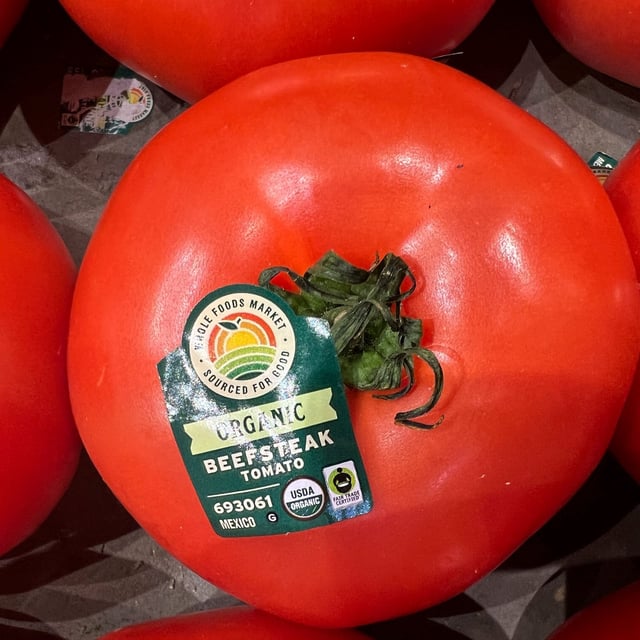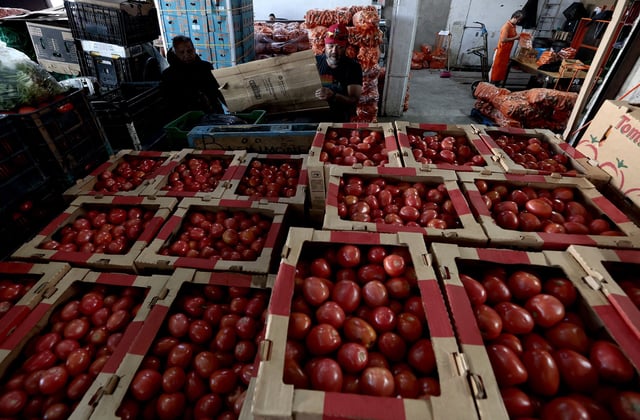Overview
- The Commerce Department withdrew from the 2019 Tomato Suspension Agreement and imposed a 17% anti-dumping duty on most fresh Mexican tomato imports effective July 14, 2025.
- The duty is intended to shield domestic tomato growers from alleged unfairly priced Mexican exports that have undercut U.S. farm prices.
- Analysts estimate the import tax could push consumer tomato prices up by about 10% and reduce demand by roughly 5% over the coming months.
- The move has split the industry, drawing praise from U.S. farm groups and the Florida Tomato Exchange while importers, the U.S. Chamber of Commerce and restaurateurs warn of higher costs and supply disruptions.
- Mexico, which supplies around 70% of U.S. fresh tomato imports, is exploring ways to mitigate the tariff’s impact and restart negotiations on a new suspension pact.



